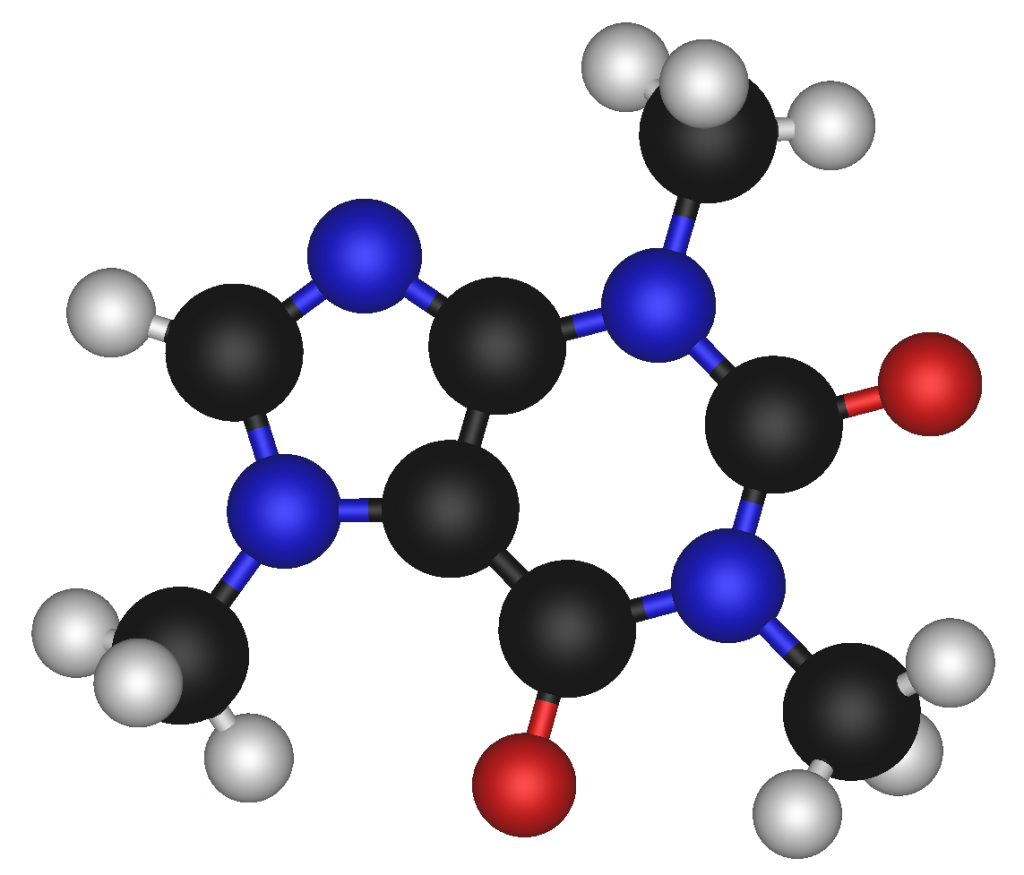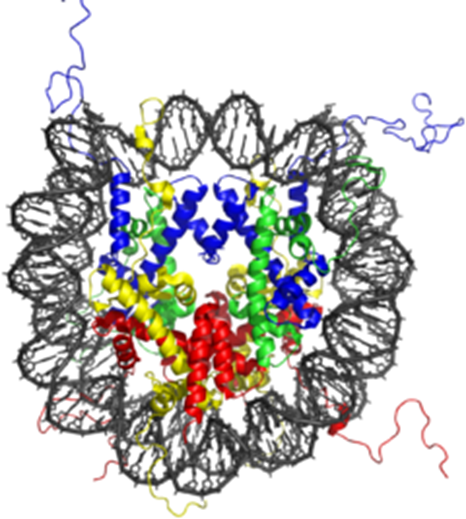Following our series of posts on tumour immunity, I’d like to mention an article published by researchers from the Ben-Gurion University of the Negev (Israel). The authors investigated the negative correlation between caffeine consumption and incidence of tumours. Or to say it more simply, intake of caffeine favours the immune system fighting tumours. (1)

This effect seems to be mediated, among others, by antagonism of the adenosine receptor A2aR. In the aforementioned article, the group of Eini et al. studied both wild-type and A2AR knockout (A2aR−/−) mice, and induced tumours by using the carcinogen 3-methylcholanthrene (3-MCA). Then, tumour cells (either comprised of 3-MCA-induced transformed cells or B16 melanoma cells) were inoculated in the mice. In order to assess the effect of the immune system in the tumour development, cytokine release was quantified using Q-plex technology. The results show that caffeine-consuming mice (0.1 % in water) developed tumours at a lower rate compared to water-consuming mice (14 % vs 53 %, respectively). Also, within the caffeine-consuming mice, tumour-free mice showed autoimmune alopecia and leukocyte recruitment into carcinogen injection sites.
In a similar way, in tumour inoculation studies, caffeine treatment resulted in inhibition of tumour growth and elevation in proinflammatory cytokine release.

As a conclusion, the article indicates that immune response modulation through either caffeine or genetic deletion of A2aR leads to a Th1 immune profile and suppression of carcinogen-induced tumorigenesis. This paves the way for the use of pharmacologic A2aR antagonists as potential therapies to diminish the rate of cancer development
This article also highlight the benefits of the fully quantitative Quansys Q-Plex™ multiplex ELISAs:
- Up to 25 Human biomarkers quantified at a time
- <30 µl of sample
- Up to 84 different samples / assay
- Compatible with serum, plasma, urine, and cell and tissue lysate
- Fully customizable: from assay design to lab services
Source:
1- Eini H. et al. “Caffeine promotes anti-tumor immune response during tumor initiation: Involvement of the adenosine A2A receptor” (2015) Biochem Pharmacol. 2015 Nov 1;98(1):110-8. doi: 10.1016/j.bcp.2015.08.092.
What about you?
How do you quantify multiple biomarkers in one experiment?



